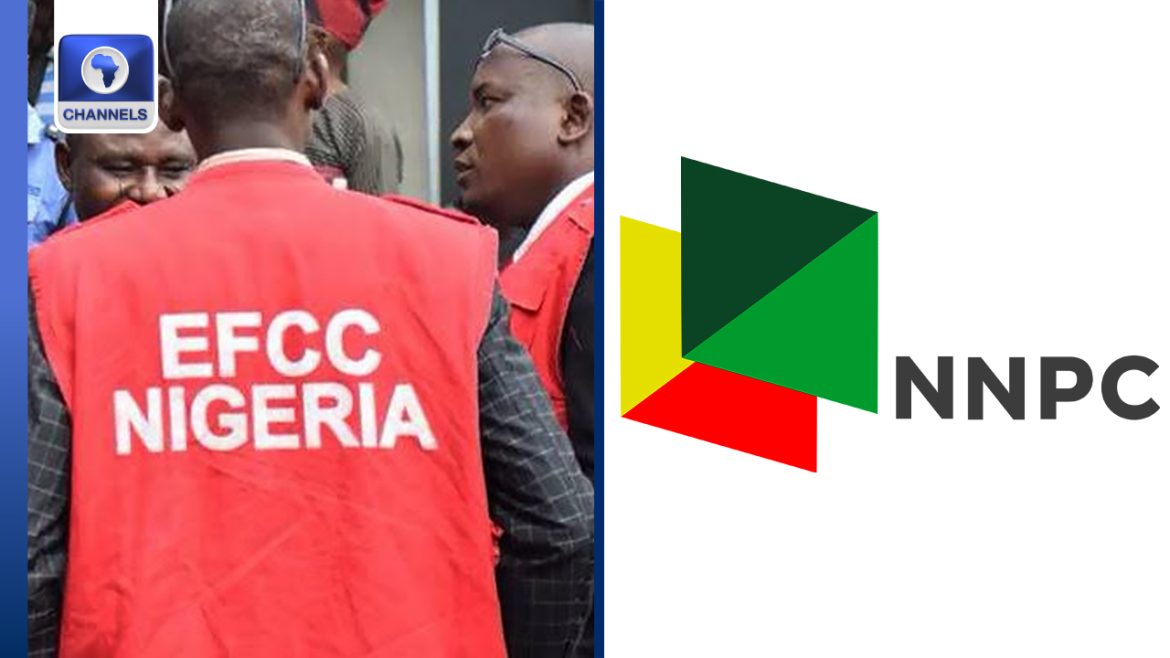663
By Oscar Okhifo, Abuja
The Economic and Financial Crimes Commission (EFCC) has arrested several former senior officials of the Nigerian National Petroleum Company Limited (NNPCL), including its former Chief Financial Officer, Umar Ajiya Isa, over an alleged $7.2 billion fraud linked to the maintenance of Nigeria’s major refineries.
Also in EFCC custody is Jimoh Olasunkanmi, a former Managing Director of the Warri Refining and Petrochemical Company. Their arrests are part of an extensive investigation into massive financial misappropriation surrounding the Turn-Around Maintenance (TAM) projects for the Port Harcourt, Kaduna, and Warri refineries.
According to EFCC sources, Isa, during his tenure as NNPCL CFO, authorized the release of substantial funds earmarked for refinery rehabilitation. Investigators allege that significant portions of these funds were diverted or misused.
The anti-graft agency disclosed that the total sum involved includes approximately $1.56 billion allocated for the Port Harcourt Refinery, $740 million for the Kaduna Refinery, and $656 million for the Warri Refinery. The investigation has since widened to include other former refinery heads, including Tunde Bakare, Ahmed Adamu Dikko, and Ibrahim Monday Onoja, who held leadership positions at Warri and Port Harcourt refineries at different times.
The EFCC is probing multiple allegations, including kickbacks, diversion of public funds, and abuse of office. Preliminary findings have reportedly uncovered over ₦80 billion in suspicious accounts linked to some of the officials under investigation. In addition, the Commission has demanded financial records and detailed transactions from NNPCL to support its ongoing probe.
Over the years, successive Nigerian administrations have pumped billions of dollars into the country’s refineries under various TAM programs, yet the facilities have struggled to produce meaningful output. This persistent underperformance has raised serious questions about the utilization of public funds in the oil sector.
Critics have long decried the repeated allocation of huge sums to Nigeria’s non-performing refineries, calling the process a monumental waste of public resources and a breeding ground for corruption.
The anti-graft agency has vowed to pursue the investigation to its logical conclusion, pledging that all those found culpable will be prosecuted to the fullest extent of the law. As of press time, EFCC spokesperson Dele Oyewale was yet to issue an official statement on the matter.
The latest development has reignited public debate over Nigeria’s enduring refinery challenges and the urgent need for far-reaching reforms in the oil and gas sector to ensure transparency, accountability, and alignment with global best practices.



